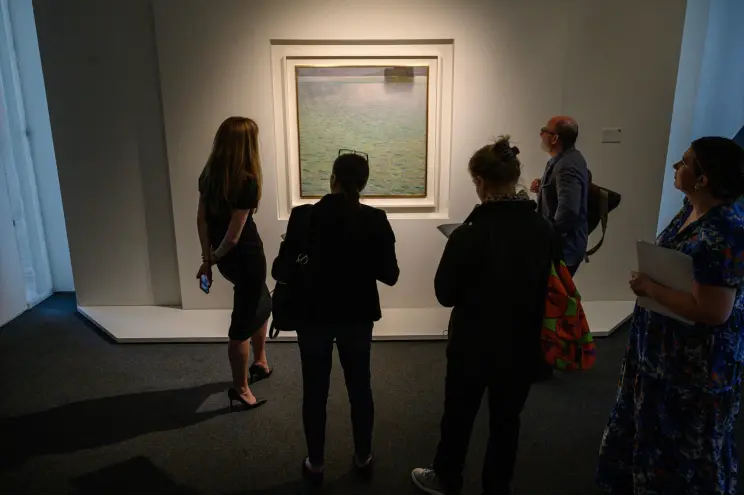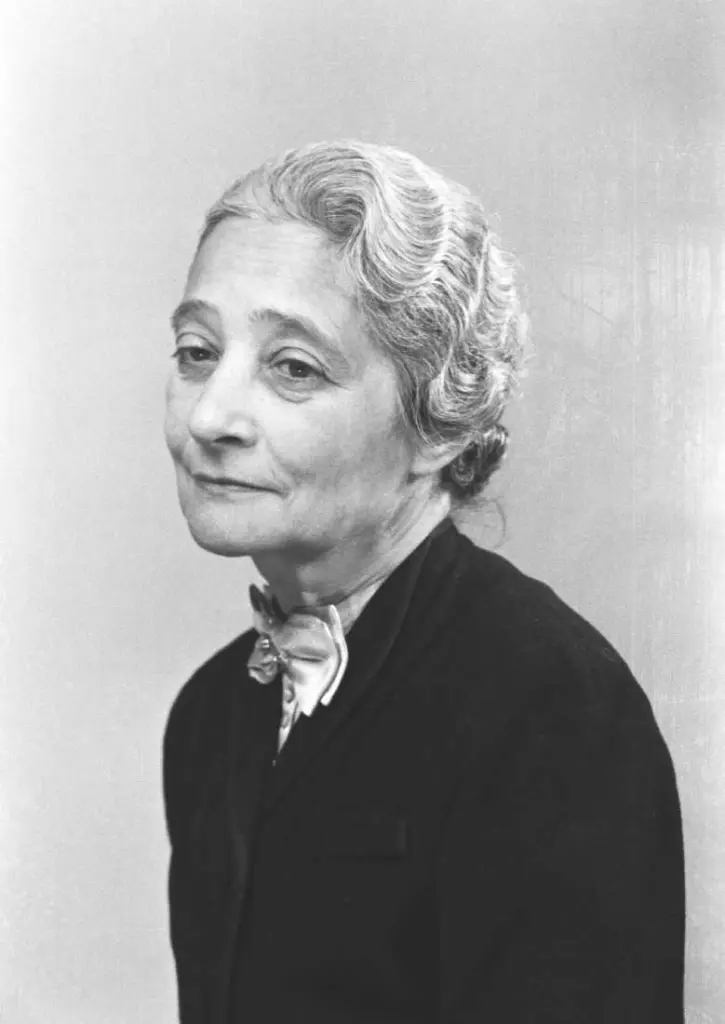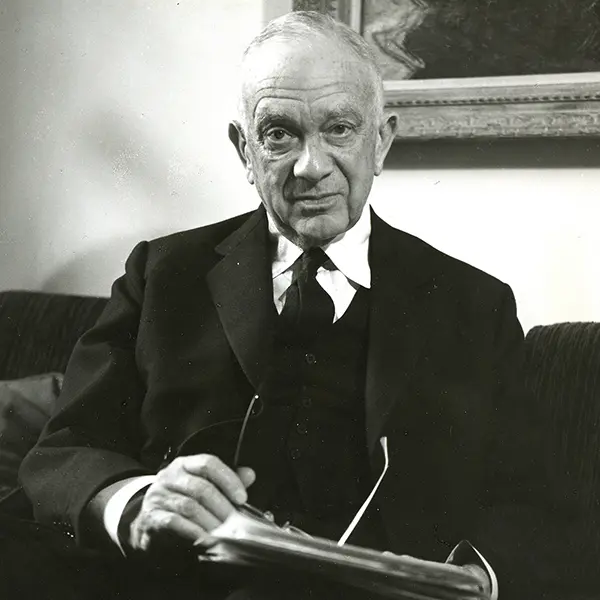News:
Questions linger about Nazi past of Klimt art that sold for $53M this week
By Isabel Vincent

Nagging questions remain about the Nazi-era ownership of "Island in the Attersee," a Gustav Klimt waterscape that sold for $53 million Tuesday in a Sotheby's bidding war.
An Impressionist masterpiece by Austrian painter Gustav Klimt was dubbed the “star” of a Sotheby’s auction when it sold for more than $53 million this week.
But nagging questions remain about the Nazi-era ownership of “Island in the Attersee,” a waterscape completed between 1901 and 1902 that was bought by a Japanese private collector after a seven-minute bidding war Tuesday.
Austrian newspaper Der Standard, along with OpenArt Data, a Paris-based social media platform that analyzes art world provenance issues, have both questioned the expert analysis that the auction house used to trace the sale of the painting to Vienna in the late 1930s.
“Whether the transaction took place in a period that could possibly lead to conclusions about a distress sale due to persecution is a key question here,” said the Der Standard article published Wednesday. “The reconstruction of historical changes of ownership is often difficult. Where facts are lacking, researchers help themselves with assumptions. This is also the case here.”
The painting was owned by Viennese Jews — socialite Irene Redlich Hellmann and her industrialist husband, Paul Hellmann — in 1926.
The couple were early collectors of Klimt and patrons of the arts in the country, where they were also early financiers of the Salzburg Music Festival.
The Hellmanns ran into financial difficulties between WWI and WWII, and Irene’s brother Josef Redlich, a Harvard law professor and former minister of finance in Austria, helped out with a loan.
According to a 2019 report by art expert Sonja Niederarcher that informed Sotheby’s provenance research of the painting, “Island in the Attersee” contributed to the repayment of the debts.
However, critics say no documents exist to back this up — adding that Sotheby’s own assertions are speculative at best, relying on words such as “probably” and “theory” to make their case.
“Two independent researchers have concluded that the Hellmanns probably transferred the present painting to the Redlich family to retire part of that debt, a theory that is supported by the surviving loan documentation,” said Sotheby’s.
 Viennese socialite Irene Hellmann owned Klimt’s “Island in the Attersee” in 1926. She was killed at Auschwitz in 1944. Paul Hellmann Archive
Viennese socialite Irene Hellmann owned Klimt’s “Island in the Attersee” in 1926. She was killed at Auschwitz in 1944. Paul Hellmann Archive
“Curious why @sothebys researchers’ ‘believe’ in a link between a debt and Hellmann’s Klimt? In her … report Dr. Sonja Niederacher stated ‘It is possible that part of the debt was settled with the picture Insel im Attersee …'” reads a tweet from Open Art Data from earlier this month, using the German-language name of Klimt’s painting.
“Why the Hellmans, like others, did not sell this painting themselves or give it to an art dealer on commission remains unclear,” reads the Der Standard article. “In any case Sotheby’s agreed with Niederarcher’s views after a review.”
By 1937, a year after Redlich’s own death, the painting showed up in the collection of Otto Kallir, an Austrian Jewish art collector who fled to Switzerland and France, but eventually settled in New York City where he opened the Galerie St. Etienne on West 57th Street.

The Klimt ended up in the collection of Otto Kallir, an Austrian Jewish collector, before mysteriously ending up in the hands of his competitor. Kallir Research Institute
Paul Hellmann died in December, 1938, months after the Nazis annexed Austria, while Irene fled to Amsterdam. She was killed at Auschwitz on May 6, 1944.
“In correspondence with the noted Klimt scholar Johannes Dobai in 1965-66, Otto Kallir confirmed that he acquired the painting from Josef Redlich or his heirs,” Sotheby’s says.
In a statement to The Post, a Sotheby’s spokesperson said: “Sotheby’s has conducted extensive research into this painting. In addition to its own detailed research, Sotheby’s also commissioned – at an early stage – a full report from a leading third-party provenance expert. That, and another independent examination of the provenance, have concluded that the painting was not lost, looted or sold under duress during the Nazi era. There is no reason to doubt that Otto Kallir acquired the work properly from the Redlich family before the Anschluss and his own flight from persecution.”
The auction house has also pointed to a form showing three loans of paintings from Kallir’s Viennese gallery for exhibitions in Paris and Bern. According to the form, a painting called “Altersee Landscape” was returned to the Galerie Wurthle in Vienna after the exhibitions.
“Why Kallir is said to have given his painting to a competitor is only one of the unanswered questions,” Der Standard says.
Klimt’s painting was shown at Kallir’s New York gallery in 1940 as part of the “Saved from Europe” exhibition, in which he offered art for sale that had “escaped destruction by air raids, fire or water” according to reports.
Sotheby’s did not immediately return a request for comment Thursday.
Another painting by Klimt, “Portrait of Adele Bloch Bauer” was the subject of the 2015 Hollywood film “Woman in Gold,” which recounted the restitution efforts of a Los Angeles-based heir who sued the government of Austria for the return of her family legacy.


